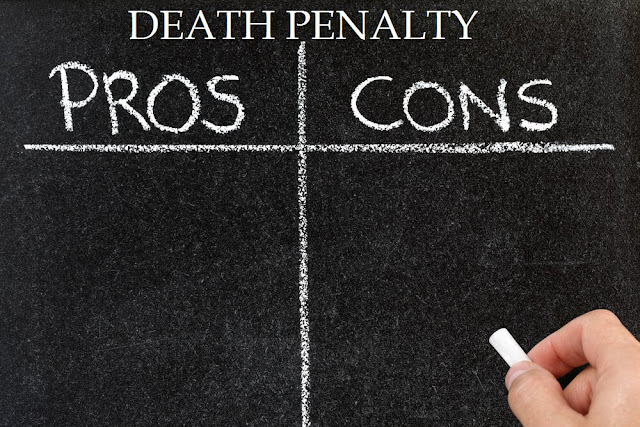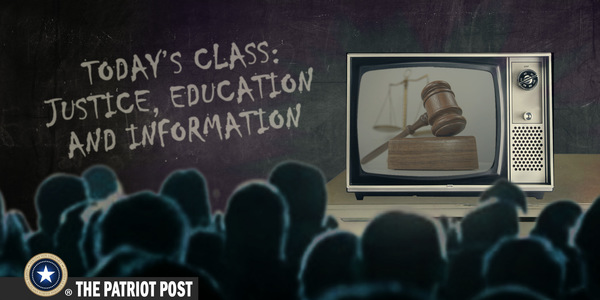December 12, 2023
After the Revolutionary War when the Founders were working on a governing document, they worked hard to not only develop a good design, but a design that protected the people from a government that could control everything they did and thought.
The design they came up with was spectacular, creating a nation governed by a philosophy of limited government and individual freedom. It had three co-equal branches: the legislative branch to pass needed and beneficial laws; an administrative branch to run the country and enforce the laws; and a judicial branch decides the constitutionality of federal laws and resolves other disputes about federal laws.
The design was not perfect, but included a mechanism to amend the Constitution to make it better. Of course, the success of the design depended upon those working in government: the employees and appointed and elected officials. It was expected that everyone involved would understand and support the design.
But, as fate would have it, some politicians and bureaucrats have their own ideas about what should be done, and how. Consequently, the government has grown in size and power, well beyond what the Founders imagined. Still, despite the excesses of the politicians and bureaucrats, many of whom were honestly trying to make things better, the government has grown too big and too powerful.
Columnist George Will in a recent column provided some insight into where we are, discussing a lawsuit before the Supreme Court that could be a start to changing things back toward the original design. The column started with a quote from James Madison in Federalist 47. “The accumulation of all powers, legislative, executive, and judiciary, in the same hands … may justly be pronounced the very definition of tyranny.”
He then went on to discuss the case, but used an example of bureaucratic/administrative overreach, and how such behavior weakens what was and could again be the best governmental design ever.
The example he used describes the typical enforcement activities of some federal agencies, in this case the Federal Trade Commission, as published in the Harvard Law Review.
“The Commission promulgates substantive rules of conduct. The Commission then considers whether to authorize investigations into whether the Commission’s rules have been violated. If the Commission authorizes an investigation, the investigation is conducted by the Commission, which reports its findings to the Commission.
“If the Commission thinks that the Commission’s findings warrant an enforcement action, the Commission issues a complaint. The Commission’s complaint that a Commission rule has been violated is then prosecuted by the Commission and adjudicated by the Commission. This Commission adjudication can either take place before the full Commission or before a semiautonomous Commission administrative law judge.
“If the Commission chooses to adjudicate before an administrative law judge rather than before the Commission and the decision is adverse to the Commission, the Commission can appeal to the Commission. If the Commission ultimately finds a violation, then, and only then, the affected private party can appeal to an Article III court.
“But the agency decision, even before the bona fide Article III tribunal, possesses a very strong presumption of correctness on matters both of fact and of law.”
In this case, and many other similar instances, even if the rules in force have been assumed to be appropriate, or found to be appropriate by the courts, the behavior of the government agency in being the only party prosecuting the rule breaking, and deciding whether things are right or not, is more than just a little heavy-handed.
This is precisely what Madison was referring to in the Federalist article. When the government makes the rules, adjudicates the rules, decides the outcome and also the penalties, the people are not being fairly or constitutionally dealt with.
In a government set up to be fair in its dealings with the people, it is clearly not in the best interest of the people when the politicians and bureaucrats work under the table to increase their power over the people, the very people they are elected and hired to serve.
In the example cited, and likely many others we may not have heard about, what is the difference between life in the United States, and in some third world or authoritarian regime? Realistically, we are not there yet, but have been walking in that direction.
What we find and have observed for a long time is a strong effort on the part of politicians and bureaucrats to engage in what former President Barack Obama promised during his 2008 campaign: “fundamentally transforming the United States of America.”
There have been efforts to pack the Supreme Court; do away with the Electoral College; replace the local and state government control of elections with federal control of elections; move away from dependable energy sources; end our energy independent status; heavily restrict or ban citizen gun ownership; dictate what type of light bulbs and other conveniences and appliances we may have; and effectively open our southern border to all who want to enter, for whatever ends they may seek.
Our country is weaker and further from its original design than in many decades. Or, perhaps, ever.










